New BYD Blade Battery for EVs promises fire and explosion resistance
Chinese carmaker BYD has come up with a new 'Blade Battery' for its EVs, which aims to redefine the safety standards of the global EV industry. The Blade Battery features an array layout, wherein each individual cell is first set into an array and then that array is inserted into the battery case.
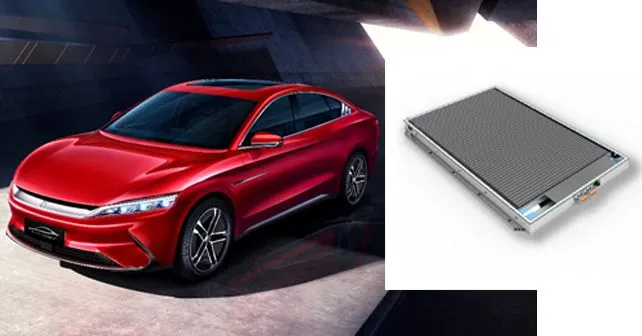
BYD's Blade Battery will debut on the brand's flagship Han EV sedan in June 2020. With exceptional thermal properties, the Blade Battery could define the future of EV batteries globally.
When we talk of EVs, range anxiety is generally considered to be the biggest area of concern. However, over the past few years, numerous instances of EVs, produced even by the leading automotive brands, being involved in several fire incidents have come to light. The reasons – improper battery heat management and single-minded focus on increasing the energy density of the battery for a longer driving range, which clearly diminishes the safety quotient of EV batteries.
To overcome this alarming trend, Chinese carmaker BYD has come up with a new 'Blade Battery' for its EVs, which aims to redefine the safety standards of the global EV industry. The Blade Battery features an array layout, wherein each individual cell is first set into an array and then that array is inserted into the battery case. BYD claims this layout achieves 50% higher space utilisation than a conventional Lithium Iron Phosphate (LiFePO4) battery. BYD further claims that the Blade Battery is anti-explosive and fire-resistant, two properties that the brand demonstrated using standard nail penetration tests (industry testing standard for batteries which simulates internal short-circuiting).
Results of multiple nail penetration tests revealed the new Blade Battery emitted neither smoke nor fire after being penetrated, with its surface temperature only reaching 30 to 60°C. When the same test was conducted on a ternary lithium battery (which uses Nickel-Cobalt lithium manganate for the +ve electrode material), its temperature soared beyond 500°C, resulting in a violent explosion and fire. The third test sample, a LiFePO4 battery (which uses Lithium Iron Phosphate for the +ve electrode material) did not explode or burn during the same test, but its surface temperature reached in an alarming range of 200 – 400°C.
Apart from the nail penetration test, the Blade Battery was also subjected to other extreme tests involving bending, crushing, being heated in a furnace to 300°C, and being over-charged to 260%. The battery cleared all tests without catching fire or exploding. It will make its debut on the BYD Han EV (seen in the image), the brand's flagship sedan model that's slated for a June 2020 launch. The Han EV will headline the brand's Dynasty model family, capable of driving up to 605km on a single charge and accelerating from 0 to 100km/h in just 3.9 seconds.
Read more:
BYD India forays into the EV segment with M3 & T3 electric minivans
Government of India announces Battery Waste Management Rules, 2020
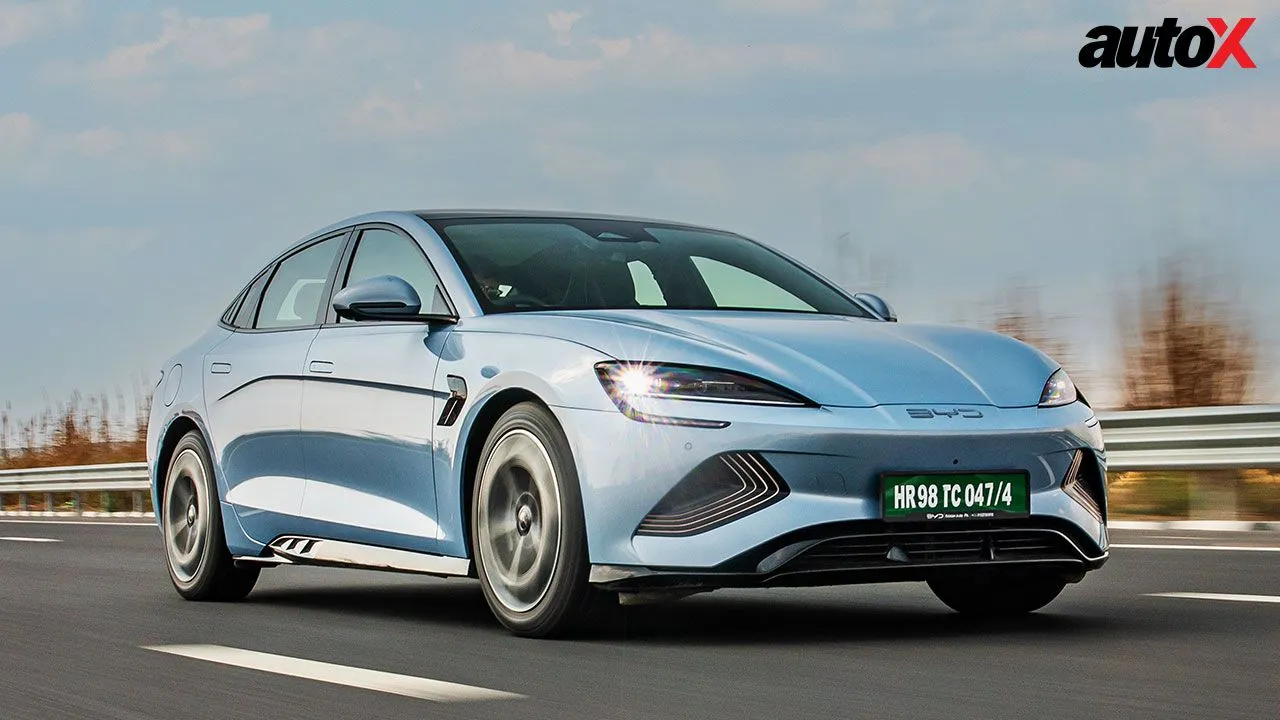
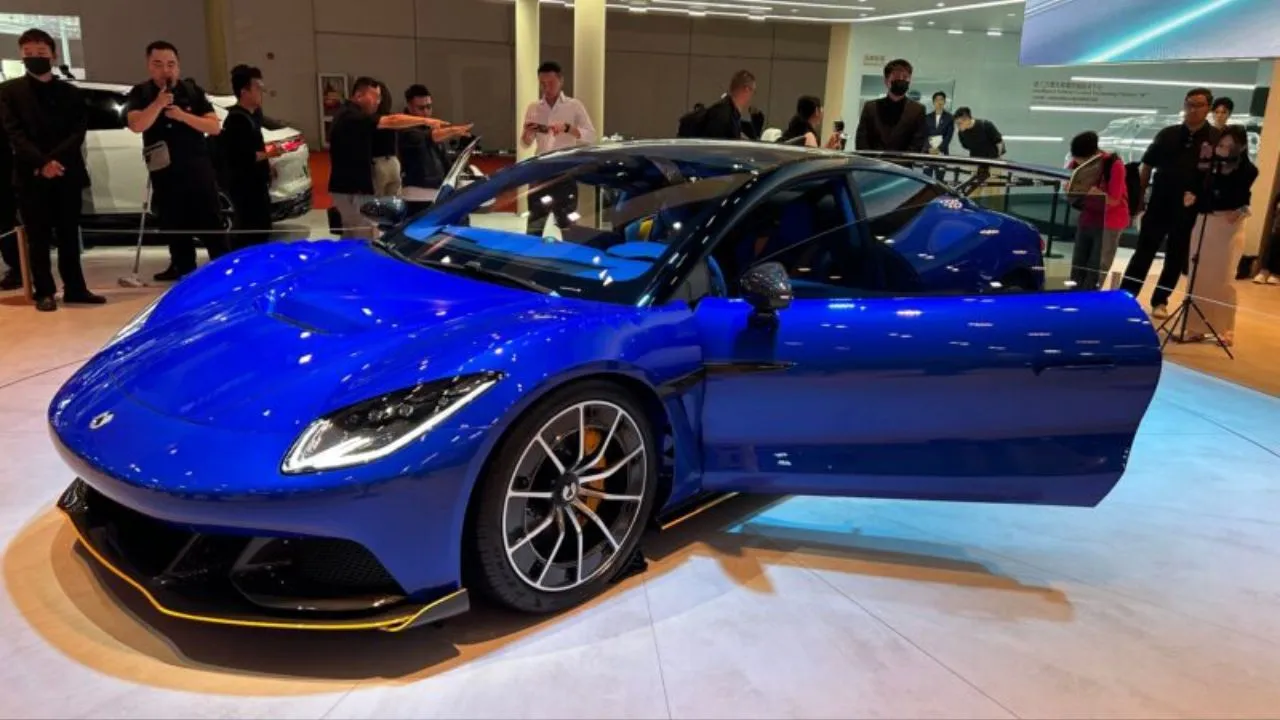

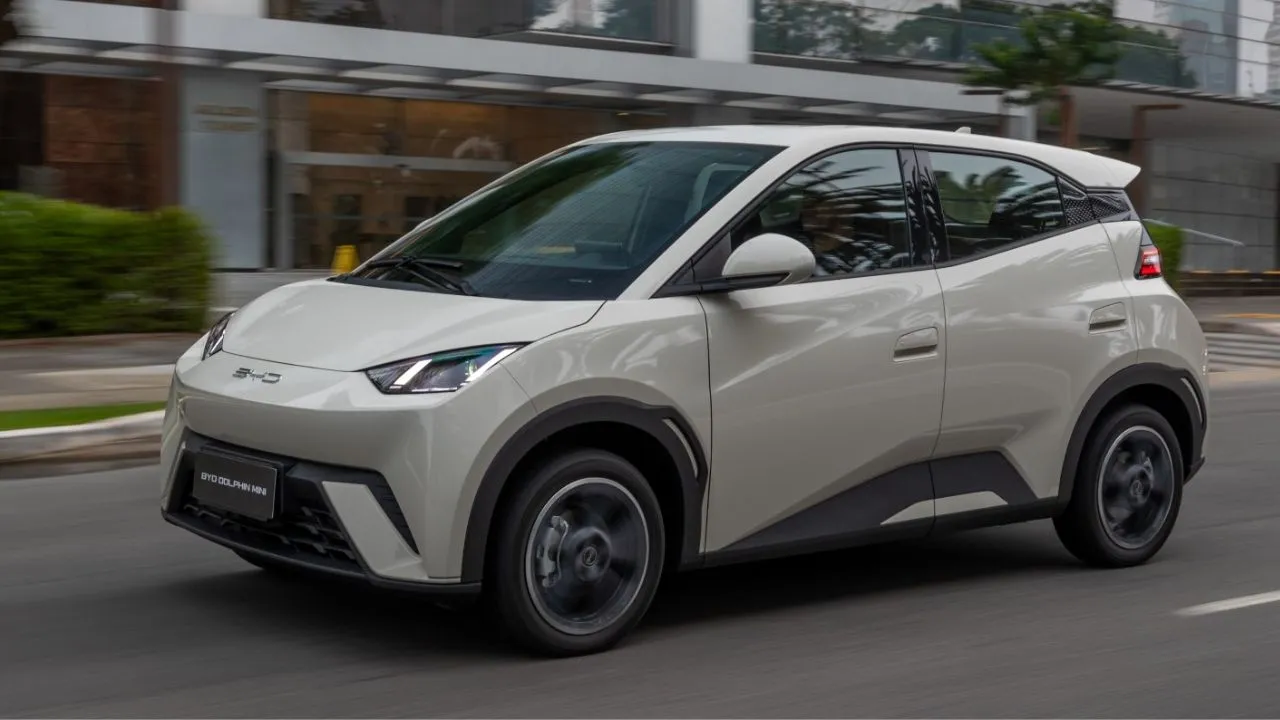
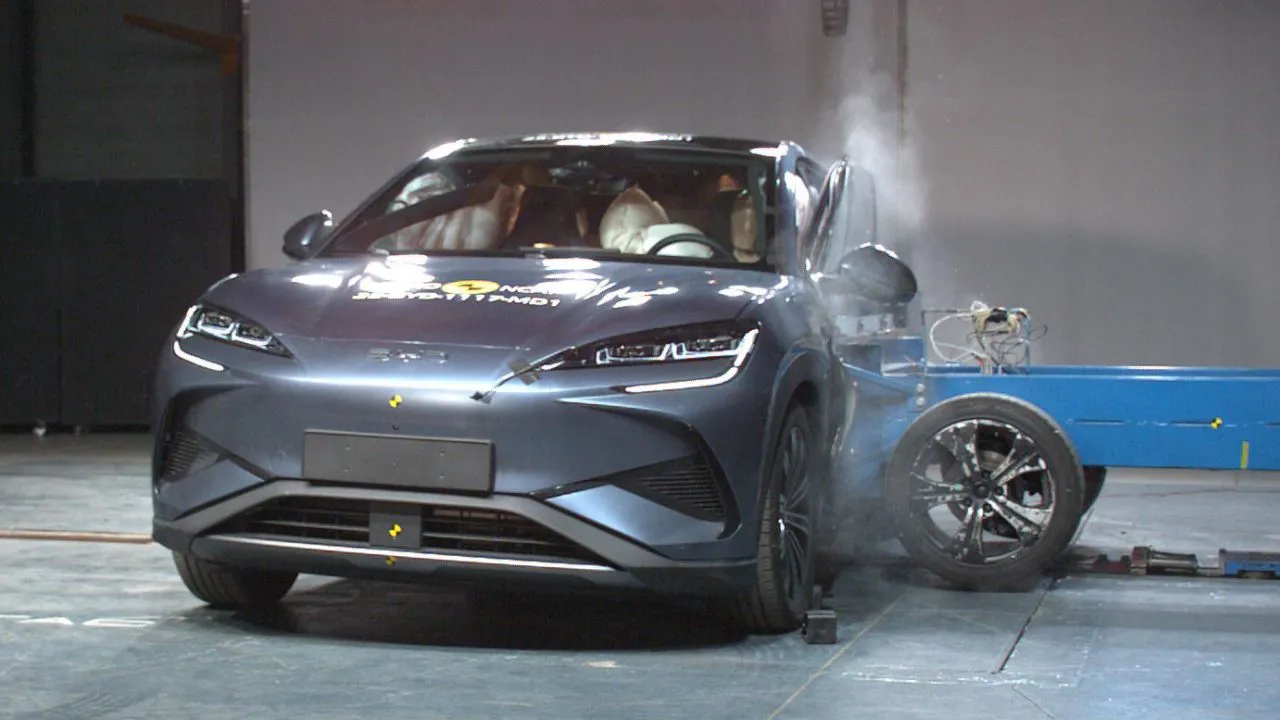
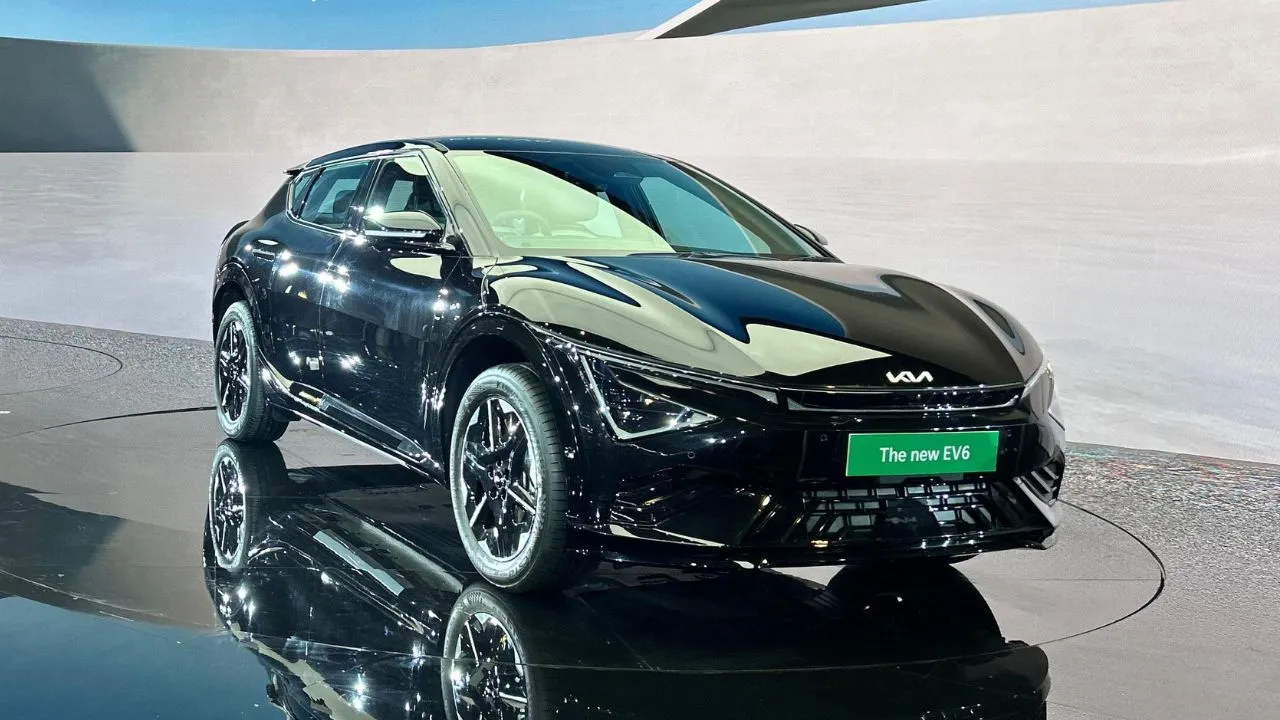
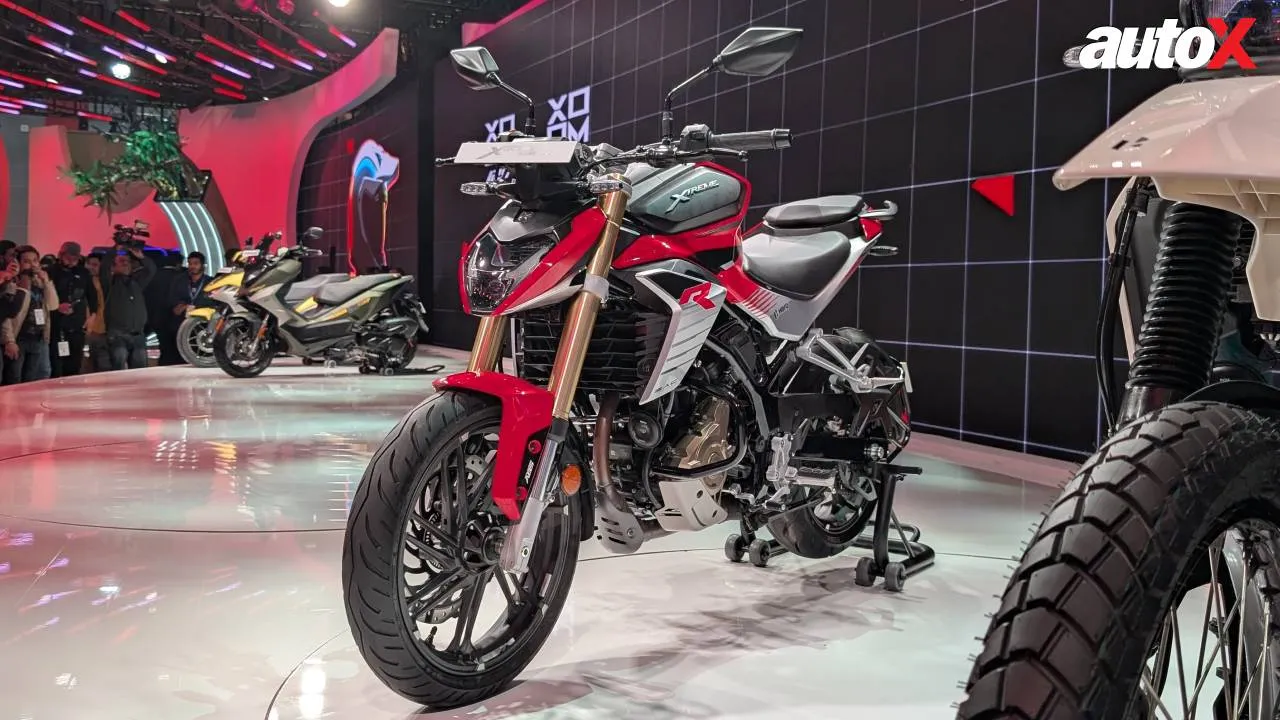
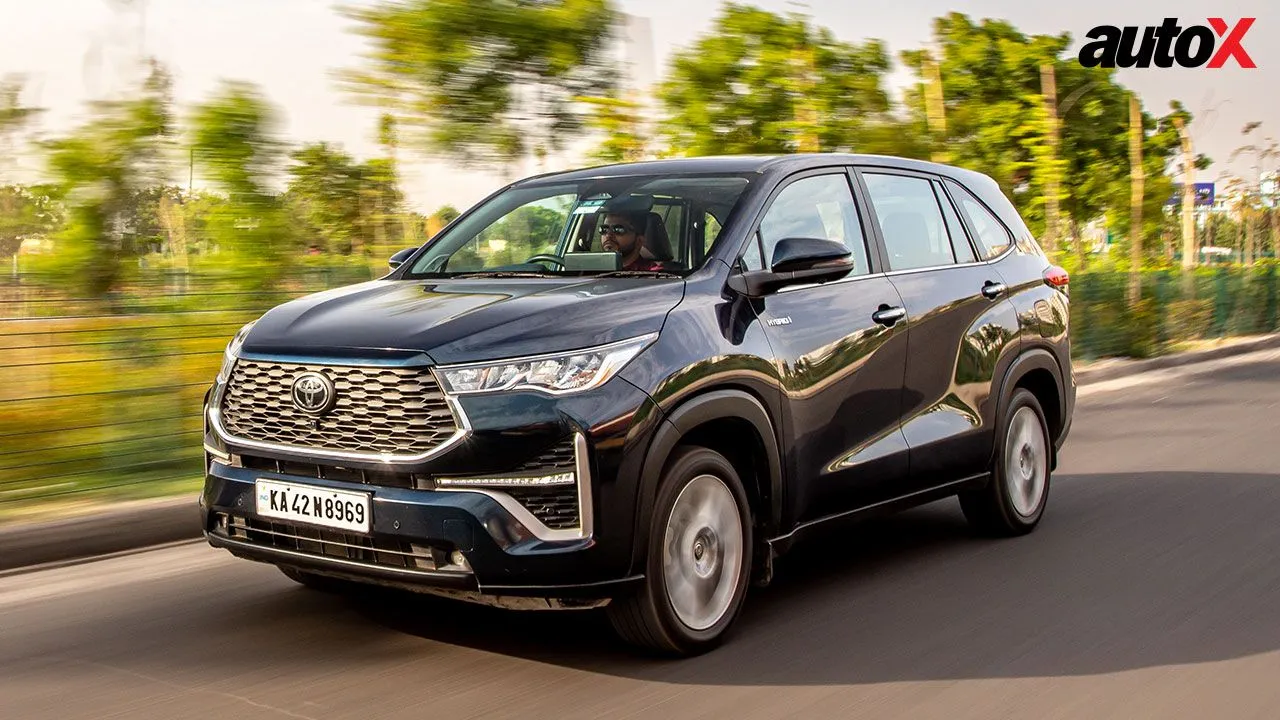
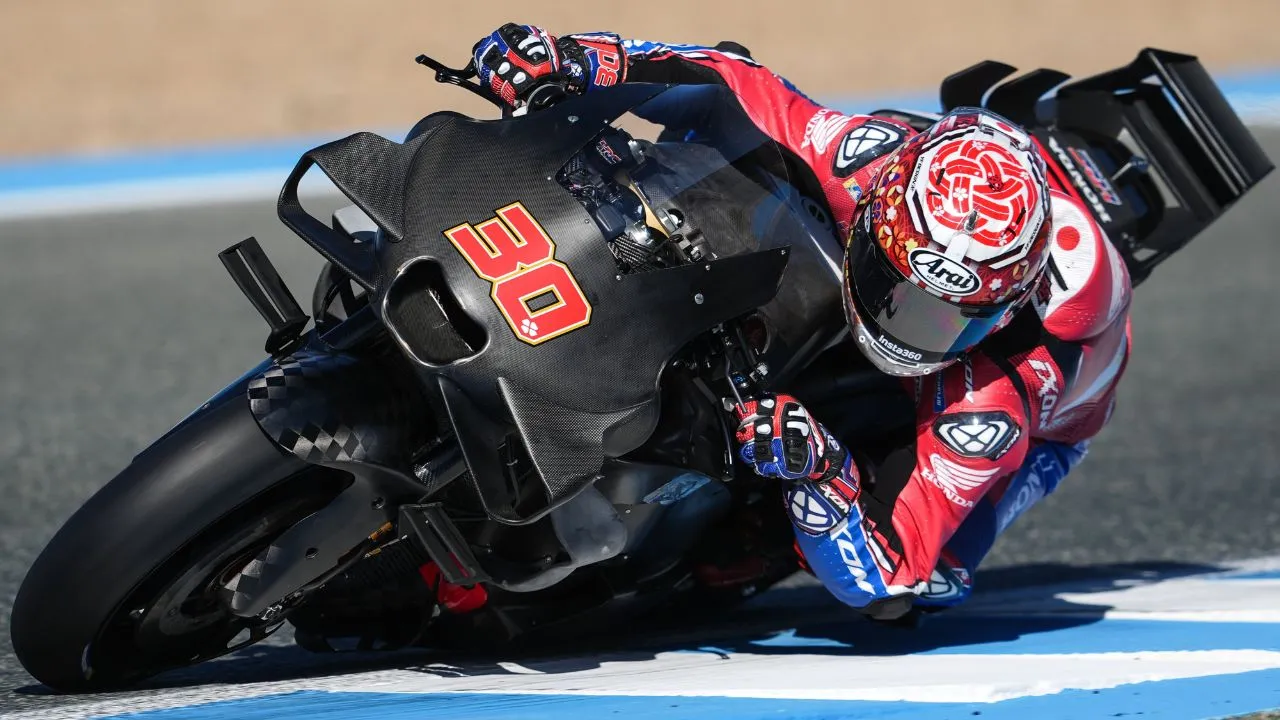
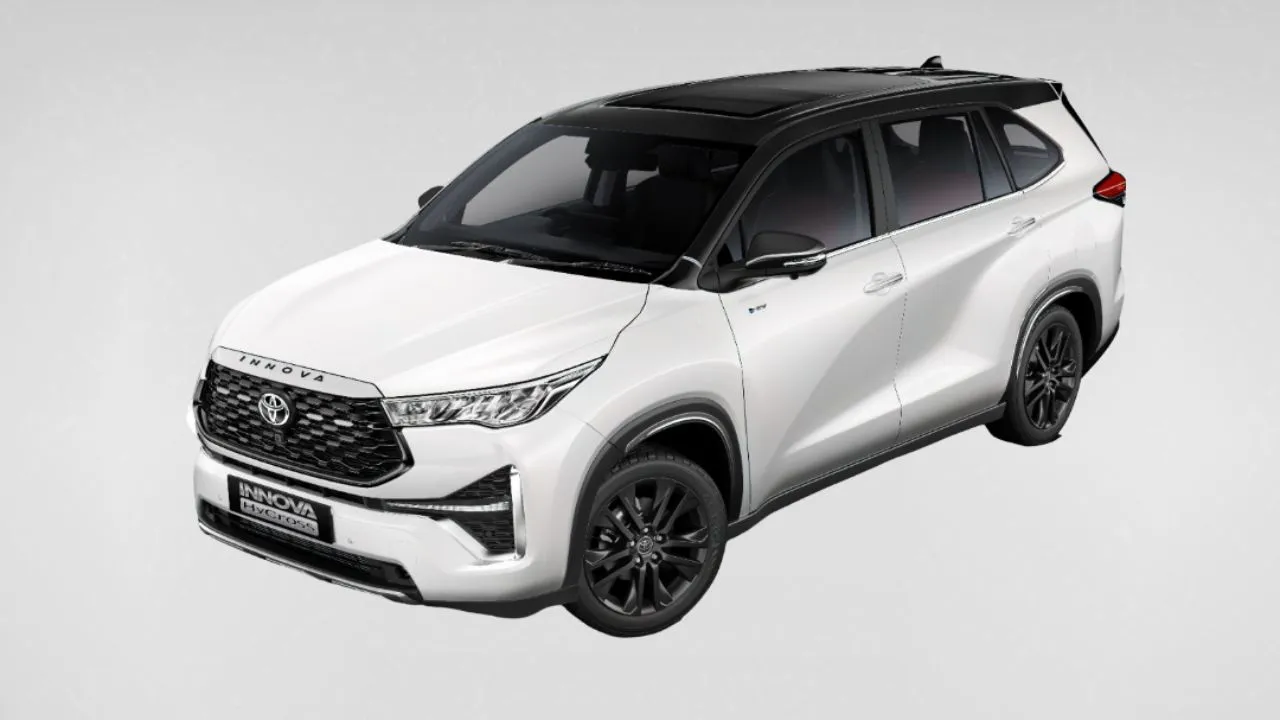
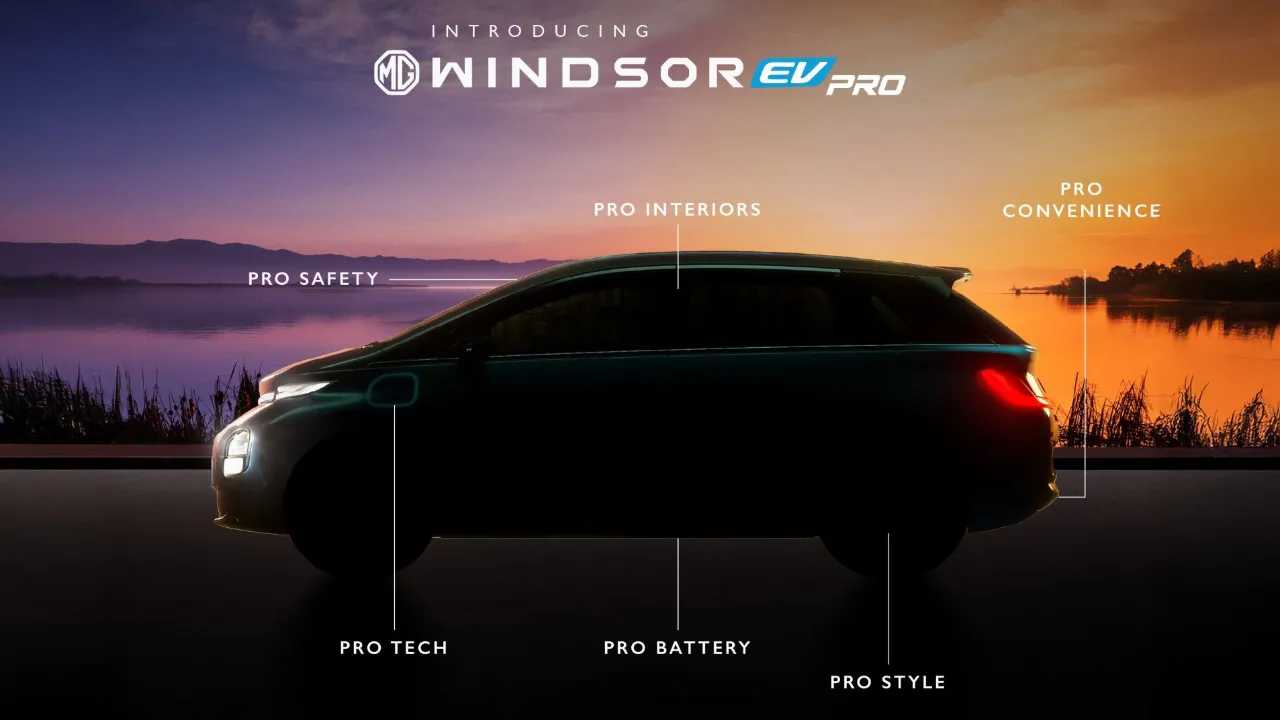

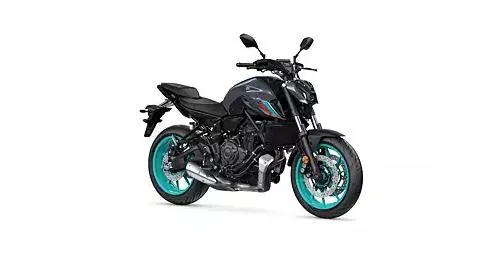


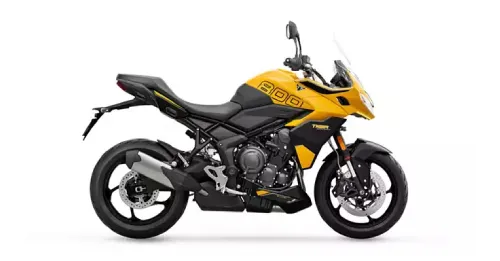














Write your Comment on